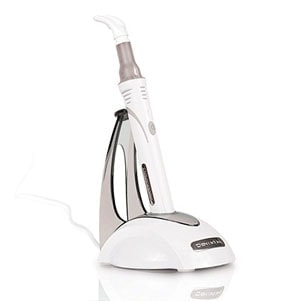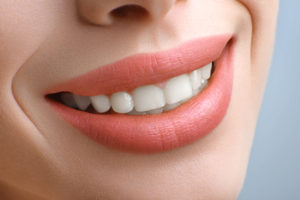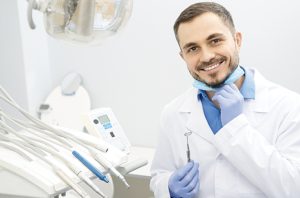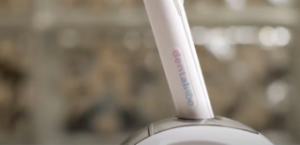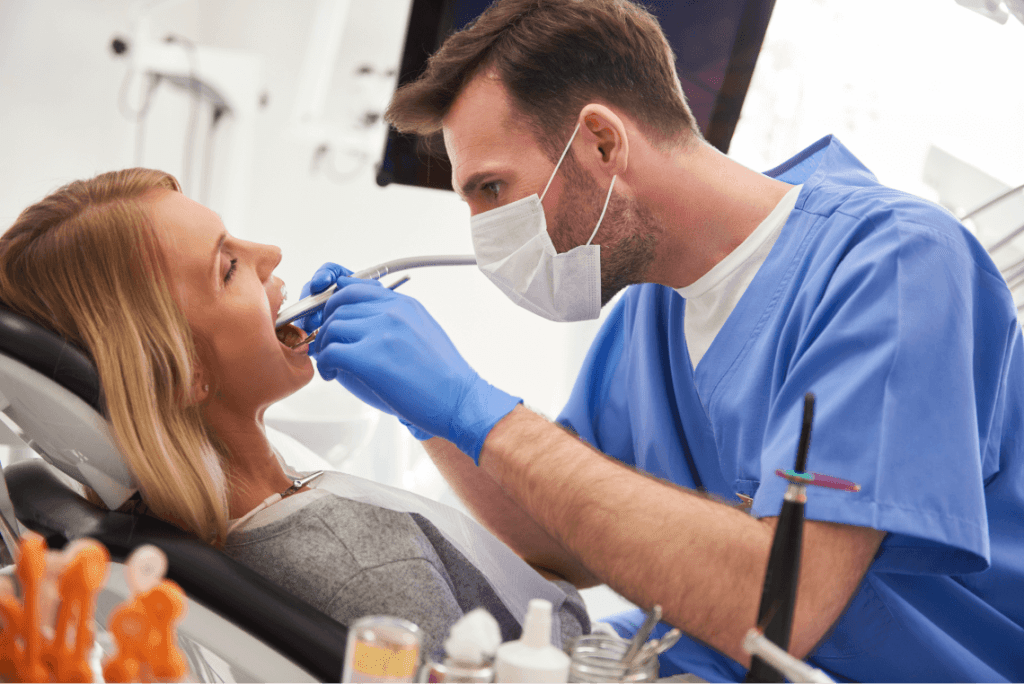Sedation dentistry is the use of various drugs with sedative properties to undergo routine dental procedures.
Many people fear having to go to the dentist and often opt to skip visits just because of this particular phobia. Studies have shown that an estimated 9% to 15% are even afraid to visit the dentist to get a normal routine check done that does not involve invasive methods, and this is because of the anxiety they experience by simply just being inside the same room as the tools as well as sitting in the same chair they would usually sit on during an invasive treatment. Dentists are specially trained to help calm down and reassure the patient of their safety during the process, however, there is only so much that the Dr can say to put a patient’s fears and anxiety to rest.
A fear of visiting a dentist is more formally known as dentophobia. A high percentage of people live with this fear worldwide and dentists figured that there should be an easier way to deal with patients who have an increased amount of anxiety before and during their dental visits. This is where a method called sedation dentistry comes into play. Sedation dentistry has a wide range of advantages for both the patient and the dentist. This will be discussed in the following article below. But first, we will discuss why patients have this so-called phobia of visiting the dentist.
The Feeling of Dentophobia
Fear of the dentist is a serious problem, and many individuals have been experiencing it in various ways. For some, anxiety from visiting the dentist is derived from the dread of having needles used, or the noises that the instruments are making when dentists clean and protect the teeth and gums from rotting and infection. For other people, the feeling of having loss of control of a scenario is what causes fear and anxiety, whereas others are worried that something terrible is going to happen and no one will be able to assist them.
And for the others, generalized anxiety disorder and post-traumatic stress disorder can make booking an appointment and lying down in an oral exam chair one of the most frightening experiences ever suffered. Many dentists do recognize this anxiety and will not take it casually at all. The main objective is to assist patients to conquer their fears so that they can take care of their oral health and safeguard their health in general. This is the reason why many dentists practice sedation dentistry for these special types of clients in need.
What Is Sedation Dentistry?
Not such a long time ago in the past, dental practices were done with very little to no pain control. It was not until the year 1846 that doctors in general were able to comprehend how to prescribe a dosage of ether correctly and start studying in the field of anesthesia. They have learned that sedation for surgical procedures, dental or otherwise, made pain-free care a possibility.
Still, it’s no surprise that individuals are still fearful that a visit to the dentist might result in severe pain. Throughout the years, the use of drugs to handle pain has been explored and perfected by dentists and doctors equally. While at the same time, the arrival of sedation dentistry has made it possible for dentists to offer essential care to those with severe dentophobia.
What Does Sedation Dentistry Entail
Sedation dentistry is the use of various drugs with sedative properties to undergo routine dental procedures. A category of drugs have been well-analyzed and have been made available to dentists who practice in accordance with the requirements the regulations set out by the ADA. Conscious sedation enables the dentist to give thorough cleanings and small, routine procedures while the patient is aware and awake and will not be able to feel any pain or discomfort.
The medicine that is administered results in rest, relaxation and lessens anxiety for the patients. Depending upon an individual’s level of fear, the required procedures, and the physical condition of the patient, a dentist will be able to select the level of sedation via the most effective techniques just the patient. This can involve the usage of nitrous oxide, oral sedatives, or a local anesthetic. Rest assured, the dentist is highly trained in managing these medications and knows how vital dosages, and scheduling of medications are.
Sedation dentistry is often incorrectly believed to stimulate sleep. Actually, most sedatives enable the patient to remain awake throughout the procedure. Drowsiness is a side effect of certain medications, however nitrous oxide, oral conscious sedation and IV sedation works only to soothe anxiety during the whole dental visit.
Sedation dentistry is very popular due to the fact that most sedatives may be taken by the mouth, implying no injections, no unease and no discomfort. Various sedatives work so efficiently that even the odors and other particulars of the process can be remembered afterwards. Safety and complying with the requirements are two significant facets of treatments, so sedation dentistry provides both the person and the dentist the best option available.
No matter what the form of sedative, it is vitally important to be escorted by a caregiver. Occasionally, sedatives are given the evening before the dental appointment, which indicates that driving to or from the dental office is not recommended.
Why Go For Sedation Dentistry?
Your mouth is one of the most significant structures in your body. Not just because it enables you to sustain yourself, but due to the fact that it is the entrance to the whole body. Exercising oral health is just as important because the way you’re treating your teeth and gums influences your whole body.
Dodging the dentist out of anxiety, can be harmful to your health. Developing holes in your teeth and gum infection is straightforward for someone who is too frightened to visit the dentist, even though they clean and floss on a daily basis. Seeing the dentist two times a year is the only way that you can be confident that your teeth and gums are nutritious. Dentists put into practice sedation dentistry due to the fact that oral health is so vital.
What are the Advantages of Dental Sedation
By providing patients with dental sedation, dentists have the ability to provide a calm, relaxed atmosphere in which the patient can be completely at ease. It is a manner in which dentists can show their patients that there’s nothing to worry about, and that they will be in good hands.
Following are some advantages linked with sedation dentistry:
- Nervousness is lessened.
- Few adverse reactions have been reported.
- More can be achieved at every visit.
- No needles.
- No discomfort.
- Absolutely safe.
- Processes appear to take less time.

